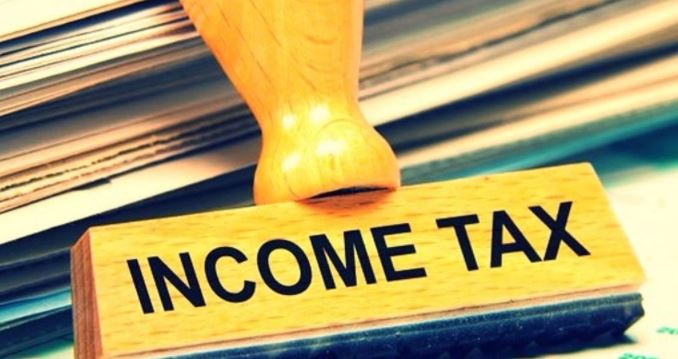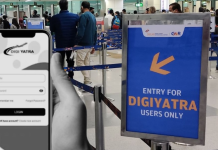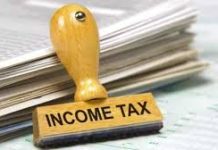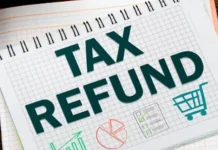
Employers pay cash amount in lieu of some holidays to employees working in both government and private sector.
Such holidays are called pay-leave or privileged leave. The Income Tax Department has also provided tax exemption on such amount with certain conditions.
Be it government or private, almost all the employers give some holidays to their employees, which can be encashed in cash if they are not used. In such a situation, the question arises whether income tax will also be levied on the amount received in lieu of these holidays like salary?
Income tax expert Girish Narang answered these questions in detail. He said that although the amount received in lieu of holidays is considered as your income, but under the Income Tax Act, many concessions are available on it. These concessions are different for government and private sector employees. So, calculate income tax exemption and tax for yourself according to which category you fall in.
Complete exemption for government employees
Narang said that if you are a government employee, whether from the center or the state, then you are given tax exemption on the entire amount received in lieu of leave. This amount is paid on resignation or retirement from the job. There is neither a fixed number of vacation days nor any restriction on the amount of leave for such employees.
However, there is a slight change in this too and the government employees are also divided into two parts. If you work in sectors like Railways, Government Hospitals, Revenue Department, then you will be given tax exemption on the entire amount paid in lieu of holidays.
At the same time, if you work in government-controlled departments like municipal corporation, bank, insurance company, then the limit of tax exemption will be applicable on you. Such employees will be given tax exemption only on the amount equal to their 10 months salary or up to a maximum of Rs 3 lakh.
Separate rules on private sector employees
Such employees are also paid cash amount in lieu of holidays on behalf of the employer. If this amount is equal to his 10 months salary, then it will be completely out of the purview of income tax. On the amount above this, they will have to pay tax according to their slab. If we see in terms of rupees, then the amount of up to Rs 3 lakh received by these employees in lieu of holidays will be completely free from income tax. The amount above this will have to be taxed.
3 lakh exemption is available throughout the service life
It is important for the private sector employees to know that the income tax exemption given to them in lieu of leave is Rs 3 lakh for the entire service life. Its benefit is given only after you leave the job or retire. If you have already availed tax exemption on leave encashment received from an employer, then next time it will be calculated by deducting the amount taken earlier from Rs.3 lakh.
If the amount received during the job…
Gagan Narang said, some employers give the facility of leave encashment to their employees even during the job. Although it is paid only after leaving the job or retiring, but if your employer is providing the facility while on the job, then no exemption will be given by the Income Tax Department on this. Such amount will be considered as part of your income and will be liable to tax according to your income tax.





